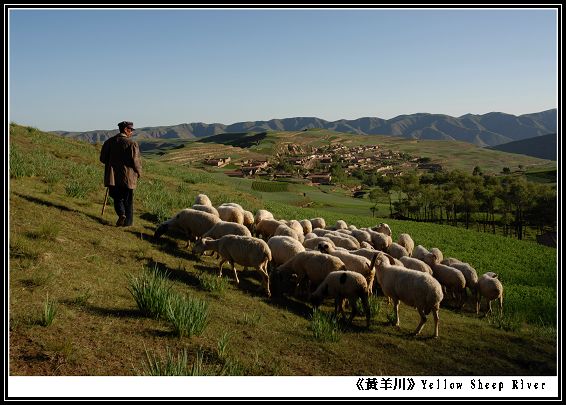
文/黃庭輔(台北電影獎紀錄片組遴選委員)
年紀越盛越不知如何按下快門?遲鈍健忘的記憶、體衰眼茫的身體,那將被浪擲遺棄的「中年的我」。近年一面自己作「困獸之鬥」式的拍攝作品,另一面有機會協助挑選影展入圍影片。常覺得是一種壓力與罪惡,誤人前程或揠人心志,最後常是惠我良多、深懷感激。今年有64部紀錄片報名參賽,令我正正襟襟,期待自己能有更寬廣的包容心與智慧,接納新意賦創建的紀錄片;相對的也正檢視我的評比標準到底在那裡?經由多數決的初選制度下,個人喜好尚存幾分堅持呢?
說說幾部令我欽佩的作品:林稚霑的《紅穀子》透過古種子與邊陲小鎮個人婚姻難求之事相互辯證細膩感人、湯湘竹的《路有多長》是台灣大河紀錄片的立鼎之作,由歌訴淚層層疊疊化為最後一酹祭酒哀而不殤、吳米森的《西藏台北》由台灣觀點與意識,用自嘲與自省手法剝析人性的假面與本質、劉嵩的《黃羊川》回歸影像與音響以形式先行贊歎空、大、美、壯。這些是目前超越我製作能力的大作,觀眾有機會應看一看,並非優劣勝負的評斷,而是站在「電影」的角度來推薦這幾部作品。什麼是「電影」呢?而不只是一堆「影像」呢?我們依據累積百年的電影觀影經驗,與一種可意會不可言傳的「電影感」,來定義現代的「電影」之物:無論是用何種媒材拍攝而成的,只要能完整傳達導演之「心」-純正而沒有利害考量之「初心」,即是一部好「電影」。我是怎麼想的,觀眾亦可以「無成見心」如是觀。
In Competition: Documentaries
This year, 64 documentaries applied for spots in the Taipei Film Festival (TaipeiFF) as part of the “Taipei Award” section for Taiwanese films.
TaipeiFF selection committee member and senior Taiwanese documentary film director Huang Ting-fu says a number of the films “surpassed the production capabilities of my best works. Audiences should watch them if they have a chance, but not to judge them as good or bad, as triumphs or failures. I recommend these works from the point of view of ‘films.’ And what is a ‘film’?...No matter what medium it is shot on, it simply must come completely from the director’s heart.”
There are several documentaries of note. In Ancient Species, director Lin Zhi-zhan delicately pairs the discovery of an ancient species of grain seed and a return to traditional farming methods in a village in China’s Yunnan Province with a touching portrait of a married couple there.
In How Long is the Road, director Tang Shiang-chu completes his “returning home” trilogy. The seed the film springs from is an aboriginal woodcarver on Taiwan’s east coast, whom Tang joins in a search for soldier’s drafted into Chiang Kai-shek’s Nationalist Army in the 1940s and sent to China. Some of these conscripts eventually made it back to Taiwan, while others have lived through more than a half century of communism and are still in China today.
Veteran director Wu Mi-sen’s Tibet, Taiwan looks at the Tibetan diaspora from Taipei to India to the US and its relationship to a homeland severely supressed at the hands of the Chinese government.
Yellow Sheep River by Liu Suong returns to the basics of sound and image, dispensing completely with narrative and even dialogue to paint a portrait of life today in Yellow Sheep River (Huangyangchuan), a small agrarian village in the high plains of the upper Yellow River in China’s Gansu Province.


 留言列表
留言列表
